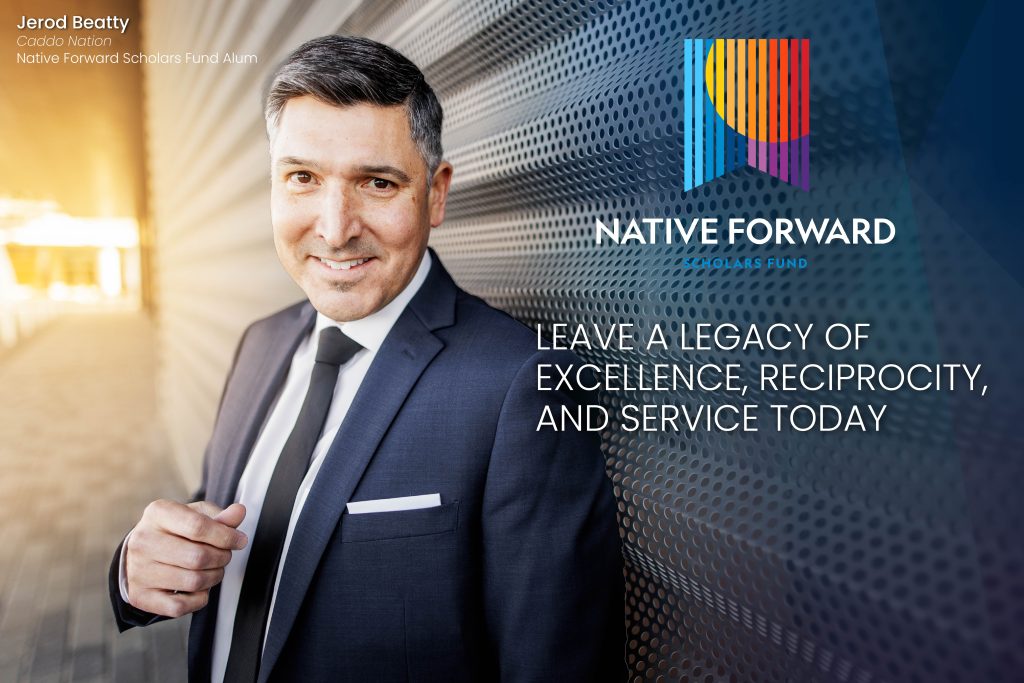Graduate School Overview
Go here to read about our exceptional student of the month.
My whole life I really didn’t think that was in the cards for me and Native Forward Scholars Fund believed in me and was able to provide me with the support and the community to be able to study what I wanted and also know that I had a place within the science world.
Mitchell Rose Bear Don’t Walk | Native Forward Alumna | Confederated Salish Kootenai Tribes, Crow Nation, Lone Pine Shoshone Paiute
Native Forward Scholars Fund is your guide and support system as you navigate your higher education journey.
Leading Indigenous Thinkers (LIT)
Below our team has compiled resources and guidelines tailored to your graduate needs. With our support, you have the opportunity and advantage to achieve your highest potential in college and beyond.
For more information, contact Native Forward.
What Is Graduate School?
Graduate school offers advanced academic degrees such as master’s (MA, MS, MBA, etc.), professional (JD, DDS, MD, etc.), and doctoral degrees (PhD, EdD, etc.) allowing you to specialize within a field. Most graduate programs consist of the following: coursework only, coursework and a special full-term project or capstone, or coursework with writing and presentation of a thesis or dissertation.
Purpose of Going to Graduate School
- To learn material that you expect to use professionally or want to know for personal satisfaction:
- Career advancement: A graduate degree can open a wider array of career opportunities
- Career change: An advanced degree can help transition into another career
- Enhance your education: Graduate programs can provide opportunities to explore theories you may have about a topic
- Research opportunities: You can participate in funded research
- Because you want to: To learn, to think critically and to accept the academic challenge
How long do graduate programs take to complete?
A master’s program typically requires a year and a half to two years of full-time study to complete. Master’s programs entail coursework, exams, internships or other applied experience. A written thesis, team project and presentation, or comprehensive exams are required.
A doctoral degree is a more advanced degree. There are research doctorates, like the PhD and applied doctorates which include: MD, JF, EdD, DBA, DPT, DNP and others. Doctoral degrees can take four to eight years to complete, depending on the field.









